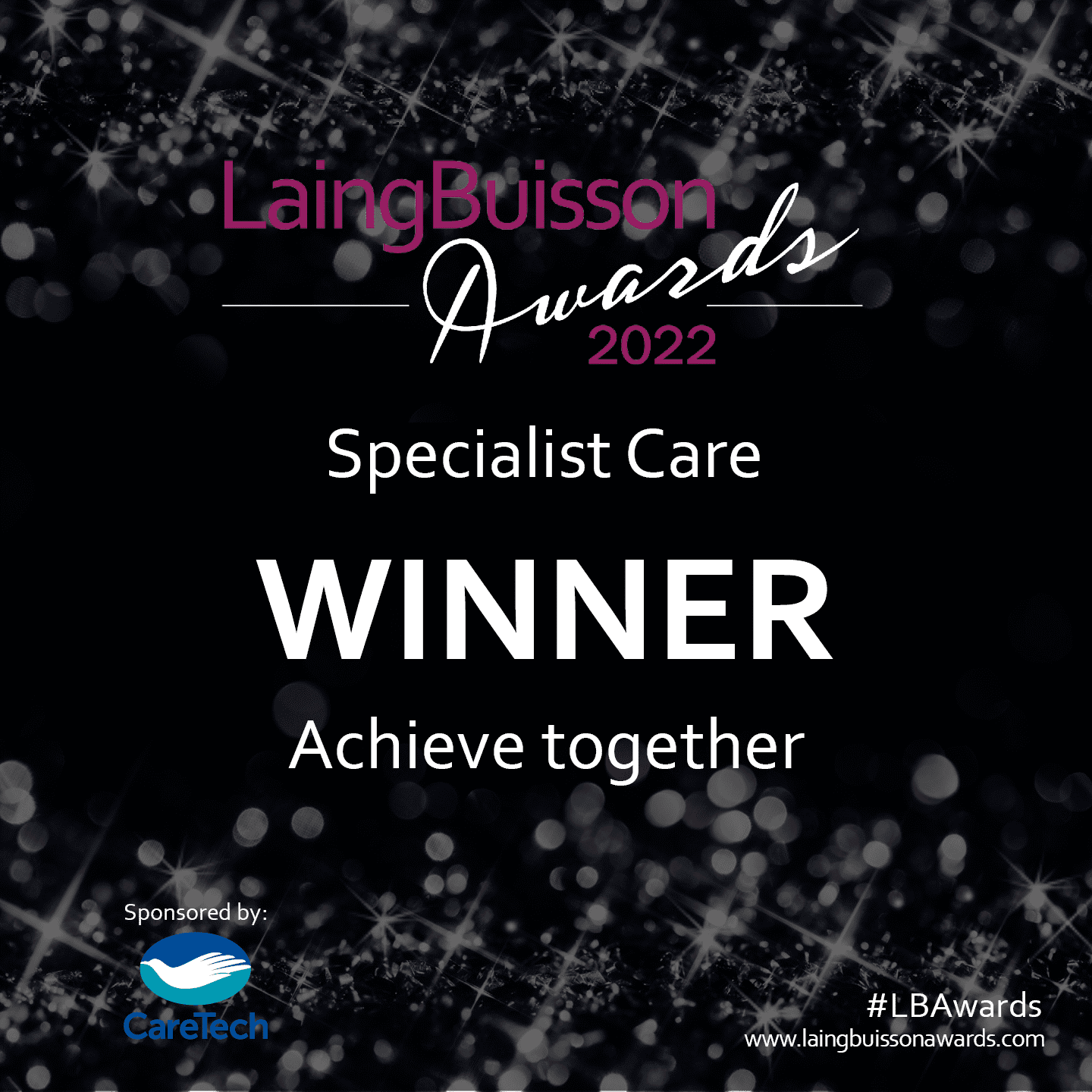Hello everyone,
Bullying is well known as a reason why some people develop mental health issues, and according to recent research, at least half of us have experienced bullying in some way, whether at school, work or at home. The situation is even worse for people with learning disabilities; according to Mencap, as many as 9 out of 10 people with learning disabilities have been a victim of hate crime and/or harassment – a form of bullying where the offender has demonstrated hostility based on factors such as race, religion or disability.
At Achieve together, it’s very important for us to be aware that people with learning disabilities are at much higher risk of being bullied or a victim of a hate crime. The reason for this is that people with learning disabilities can be targeted due to differences in areas such as the below:
• Speaking or moving differently
• Showing emotion differently
• Having specialist equipment & support
Unsurprisingly, the impact of bullying can contribute to low self-esteem and very poor mental health for anyone who experiences it. Sadly, we see the most horrific consequence of this sometimes, when it’s reported by the media that someone has taken their own life as a result of bullying. The old saying “sticks and stones can break my bones but words will never hurt me” is cruel, and most certainly, untrue.
I believe that if someone was to explain, frankly to children or adults how much their actions have affected people, it might make them stop and think about their treatment of others. Education is the key here; people must educate their own children and talk to them about this because even if one situation of bullying is prevented, that’s one less person suffering in the future. Vitally, we must also stay aware to the very real possibility that people we support could become the victim of bullying, and therefore we must be on the lookout for changes in behaviour or physical signs that someone could be suffering in this way, in order to put in place a plan to support this person effectively.
Studies show the majority of people that bully have been bullied themselves, have low self-esteem, or have experienced some kind of extreme stress or trauma; for example, losing a loved one, or a parent relationship breakdown. Bullies are more likely to come from families that are argumentative, volatile, and potentially violent; they may therefore find bullying becomes a coping strategy and this serves as a reminder that bullies themselves sometimes need help and support.
The final thing I would like to share is ten top tips for overcoming bullying. Please take the time to have a read-through if it would help you directly, or give you the tools to help someone else:
10 Top Tips For Overcoming Bullying
If you want to share your stories of your own particular experiences with mental health and what has helped you, or if you would like to contribute to the blog you can reply directly or e-mail me at shirley.allmark@achievetogether.co.uk. It would be great to hear from you.
Take Care,
Shirl

I have been a mental health nurse for 28 years. I work in the Health and Wellbeing Team, and my main role is to facilitate mental health and related subjects. I also facilitate epilepsy and emergency rescue medication training. I provide support and consultations to managers and teams supporting individuals with complex needs and mental health difficulties. This blog is written to encourage people to start talking about mental health, in order to raise awareness and reduce stigma.
Our Employee Assistance Confidential Helpline is: 0808 168 2143 or click here to access Care First

